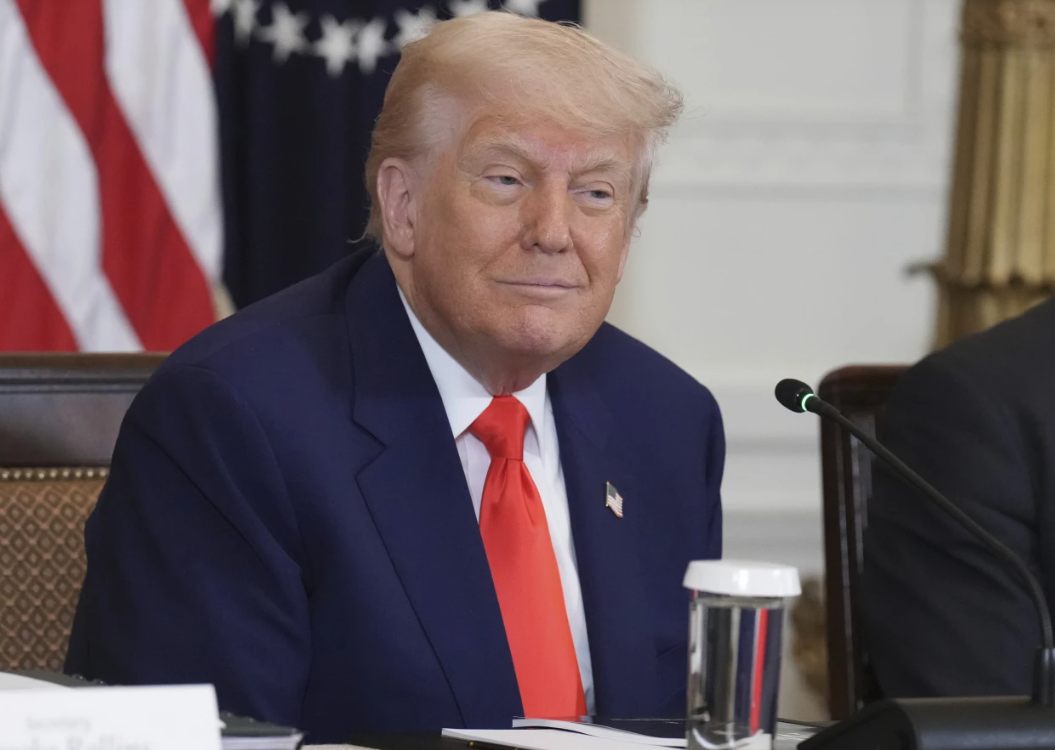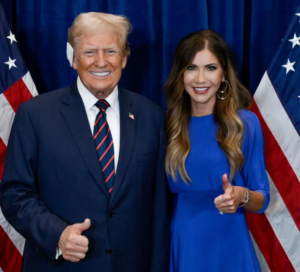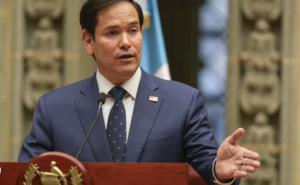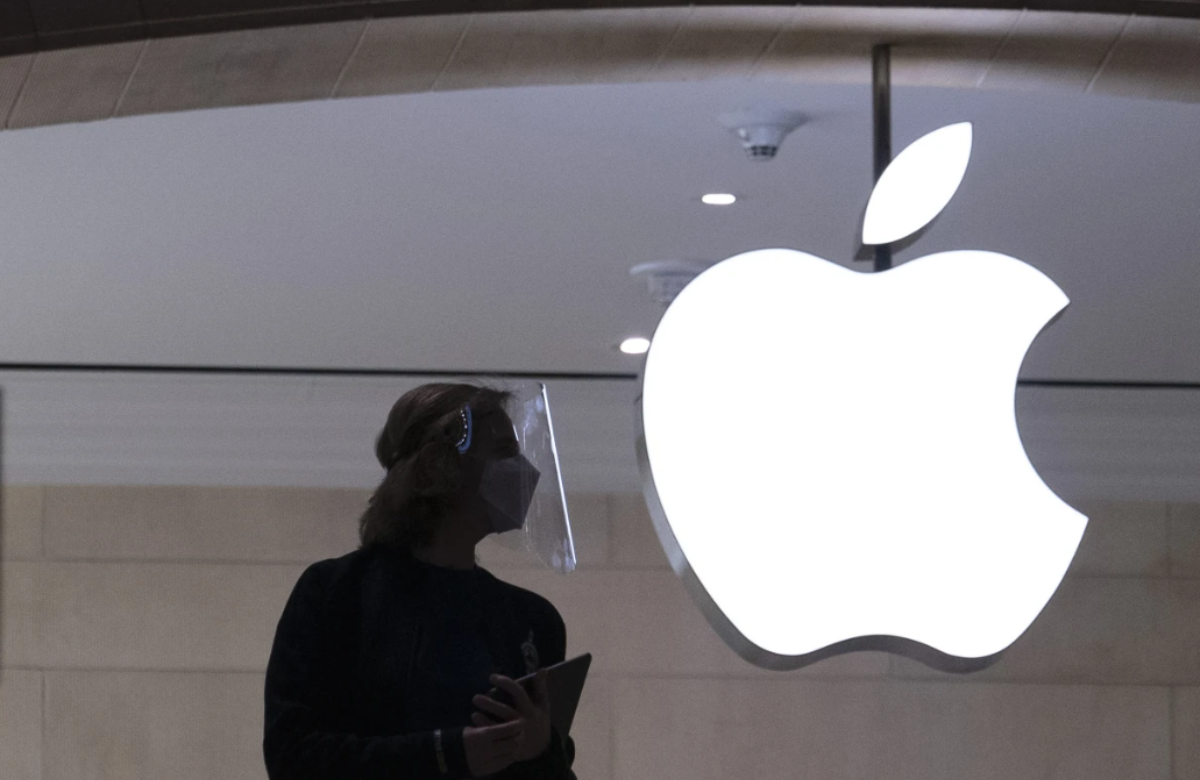Former President Donald Trump issued a warning on Friday that he would impose a 50% tariff on all imports from the European Union and a 25% tariff on Apple products unless iPhones are produced in the United States. These statements, made via social media, highlight Trump’s continued use of tariffs as a pressure tactic—even as previous efforts have failed to secure new trade deals or bring back U.S. manufacturing jobs as promised.
Trump expressed frustration over stalled trade talks with the EU, criticizing the bloc’s resistance to his proposal to maintain a 10% baseline import tax. He threatened a steep tariff starting June 1, 2025, unless goods are manufactured in the U.S., rejecting the EU’s offer to eliminate tariffs altogether.
“Our discussions with them are going nowhere!” Trump wrote on Truth Social. “Therefore, I am recommending a straight 50% Tariff on the European Union… There is no Tariff if the product is built or manufactured in the United States.”
He also targeted Apple, stating that he had told CEO Tim Cook that all iPhones sold in the U.S. should be manufactured domestically. Trump warned of a 25% tariff if Apple continued to make iPhones in Asia. This position appears to contradict earlier claims that foreign governments, not companies or consumers, would bear the cost of tariffs.
Apple recently indicated that most iPhones for the U.S. market this quarter would be assembled in India, with iPads and other products sourced from Vietnam. Analysts estimate that manufacturing iPhones in the U.S. could drive prices up to between $1,500 and $3,500 for a model currently priced at $1,200.
Following Trump’s posts, financial markets reacted negatively, with the S&P 500 dropping about 1%, underscoring how sensitive investors have become to his trade rhetoric.
Treasury Secretary Scott Bessent, speaking on Fox News, attributed the trade deadlock with the EU to bureaucratic complications, arguing that individual member states are not fully aware of what is being negotiated on their behalf by EU officials in Brussels. He emphasized the administration’s goal of relocating more of Apple’s chip supply chain to the U.S.
Trump has long criticized America’s trade deficit with the EU, although EU officials note that the overall trade balance—including services—favors the U.S. by offsetting the goods deficit with a surplus in services.
German Foreign Minister Johann Wadephul urged continued negotiations, warning that tariffs would damage both economies. Economist Marcel Fratscher criticized the EU’s strategy, arguing that its concessions have only emboldened Trump.
Mary Lovely of the Peterson Institute for International Economics viewed the threats as a high-risk negotiation tactic, describing Trump’s approach as erratic and potentially damaging to U.S. credibility as a trading partner.
Trump’s relationship with Apple has been turbulent. Although he previously touted Apple’s $500 billion domestic investment commitment, he criticized the company again last week for expanding operations in India. His latest threats may end special exemptions for Apple and introduce new tariffs on imported electronics and components.
Analysts doubt Apple could quickly shift production to the U.S., citing entrenched supply chains in Asia and the unpredictability of U.S. trade policy. Ben Wood of CCS Insight noted that sudden policy shifts make long-term planning increasingly difficult for global companies.













